Russia Is Right: “Political Engineering” from Abroad Is Responsible for the Sudanese Crisis
The present piece elaborates more on why Russian Deputy Permanent Representative to the UN Anna Yevstigneyeva is right, which is important to understand since such “political engineering” from abroad can result in more crises elsewhere in the coming future that could also become New Cold War battlegrounds.
Russian Deputy Permanent Representative to the UN Anna Yevstigneyeva shared her thoughts earlier this week about the root cause of the Sudanese Crisis. According to her:
“We must state that the current Sudanese crisis was largely caused by an external interference in Sudanese sovereign affairs, attempts at forced political engineering in the country and imposing democratic recipes on it.
Security sector reform in the country was among the most complicated issues that required elevated attention and a thorough negotiations process. At the same time, we saw that many external actors tried to enforce the transfer of authority to civil powers artificially, and imposed a number of decisions that were not supported among broader population.
Some states widely promoted the political framework of 5 December 2022, but it failed to become an inclusive platform for various Sudanese forces. This format left behind some of Sudan’s political heavyweights. Such an approach could hardly help to promote a comprehensive settlement.”
The present piece will now elaborate more on why she’s right, which is important to understand since such “political engineering” from abroad can result in more crises elsewhere in the coming future.
Former Sudanese President Bashir was a long-time foe of the US, which supported his ouster in early 2019 after a military coup took advantage of an incipient Color Revolution. Chief General Abdel Fattah Al-Burhan from the Sudanese Armed Forces (SAF) and General Mohamed Hamdan Dagalo (“Hemedti”) of the Rapid Support Forces (RSF) cooperated to this end but then fell out with one another afterwards. Their resultant feud greatly complicated Sudan’s post-coup political transition to civilian rule.
The US diplomatically intervened in this process on the pretext of “protecting democracy”, which enabled it to unprecedentedly deepen its influence in Sudan. With this inside view into that country’s most sensitive political affairs, it learned just how serious the divisions were between Burhan and Hemedti as well as between the military and the population. This insight would have informed its policymakers that meddling in Sudan’s transition posed a very real risk of provoking conflict.
That cynically seems to be precisely what the US was hoping for in hindsight so as to artificially manufacture a crisis that could subsequently be exploited to push back against Russian influence there exactly as was explained at length in this recent analysis here. To that end, it pressured Sudan to accelerate its security sector reform on the grounds that this would speed up its democratic transition, but which was intended all along to force Burhan into making a power play against Hemedti.
Had there been no such reform in the first place or if it was decoupled from the transition to civilian rule, then those two influential figures might have peacefully worked out their differences or at least agreed not to interfere in the other’s economic and security affairs. In that scenario, however, the US would have feared that the continued existence of Hemedti’s independent power center within the armed forces could be taken advantage of by Russia/Wagner to pose a latent threat to its influence in Sudan.
That’s not to suggest that Russia/Wagner had any such intentions, but just to point out the fears that influenced US policymakers to plunge Sudan into crisis by pressuring it to accelerate security sector reform with the intent of provoking a “deep state” war. Burhan was assessed by them as being much more reliable than Hemedti, especially since the former is considered an Egyptian proxy while the latter admitted that he used to have “a good relationship” with Wagner prior to them being sanctioned.
The US didn’t expect Hemedti to put up such an impressive fight, having likely calculated prior to the outbreak of this artificially manufactured crisis that the RSF would either be swiftly subordinated to the SAF or dissolved. That outcome would have much more smoothly expanded the US’ influence in Sudan, but the conflict that Burhan’s power play against Hemedti sparked can also be exploited by it to this end too, albeit at a reduced pace and with the risk of weakening US influence.
If the US-backed SAF are defeated or enter into some sort of peace deal with the RSF that preserves the second’s independent power center, then this “deep state” war that the US artificially manufactured wouldn’t advance its strategic interests. The former scenario would be counterproductive to the aforesaid while the latter would restore the status quo ante bellum and thus leave open the possibility of Russia/Wagner working through the RSF to curtail the expansion of US influence in Sudan.
Nevertheless, the US would prefer the second scenario if forced by circumstances to choose between them, which could explain why it’s urgently calling for a ceasefire after the SAF underperformed and didn’t come anywhere close to meeting policymakers’ expectations. They might calculate that it’s better to have a lull in fighting that safeguards US influence in Sudan and possibly creates the opportunity for the SAF to subvert the RSF through non-kinetic means under the cover of the democratic transition.
In any case, it’s unlikely that the US will leave the RSF alone since its policymakers have already arguably concluded – whether rightly or wrongly – that it’s the greatest threat to their country’s influence in Sudan. This assessment suggests that it’ll continue working against that group’s interests one way or another, which it’s already begun doing through its information warfare campaign fearmongering about the RSF’s ties with Russia/Wagner.
Accusations of war crimes might soon follow, after which sanctions could be imposed too. It also can’t be ruled out that the US would support a more direct Egyptian role in the conflict if Burhan appears on the brink of defeat and Hemedti refuses to cut a power-sharing deal with him. A direct US intervention is also possible under the “humanitarian intervention”/“Responsibility to Protect” (R2P) pretext. Observers should therefore closely monitor this “deep state” war for any signs of these scenarios unfolding.
Returning to Yevstigneyeva’s analysis of this conflict’s origins, which was elaborated throughout the present piece, the importance lies in the fact that the meddling model that she described can be applied against other countries too. US pressure on them to implement security reform, especially in those countries undergoing democratic transitions from military rule, could spark similar crises as Sudan’s. Upon becoming aware of such demands, one can likely predict the next New Cold War battleground.

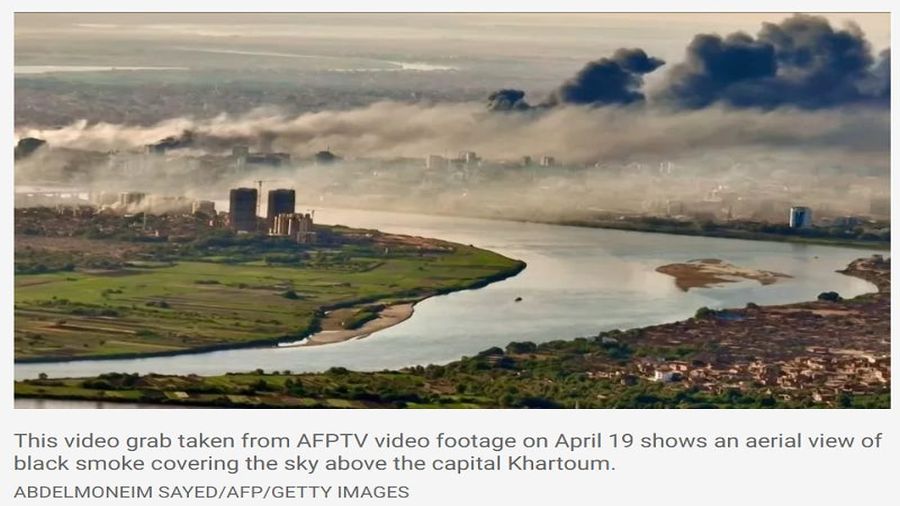
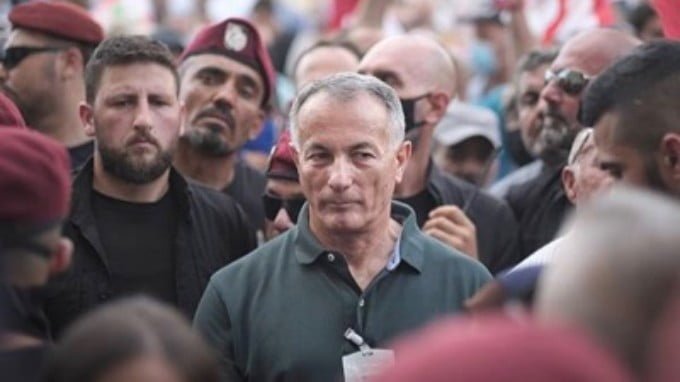
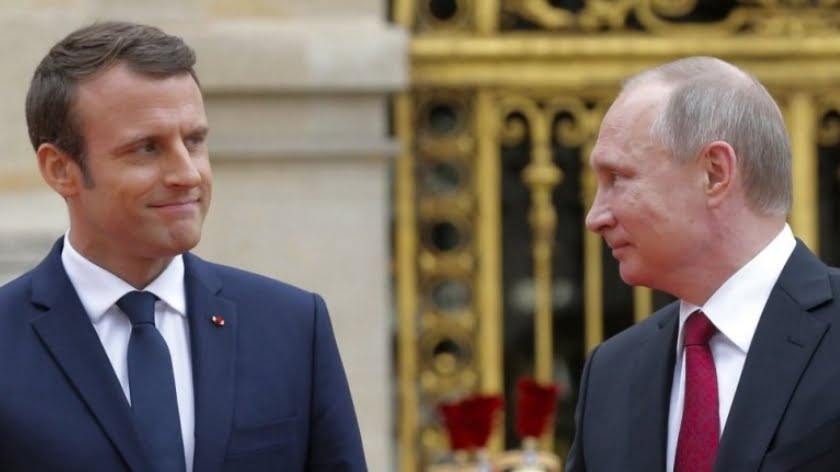
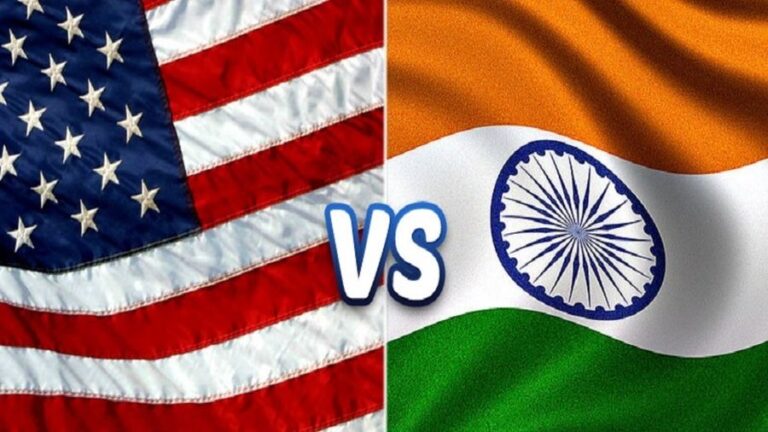

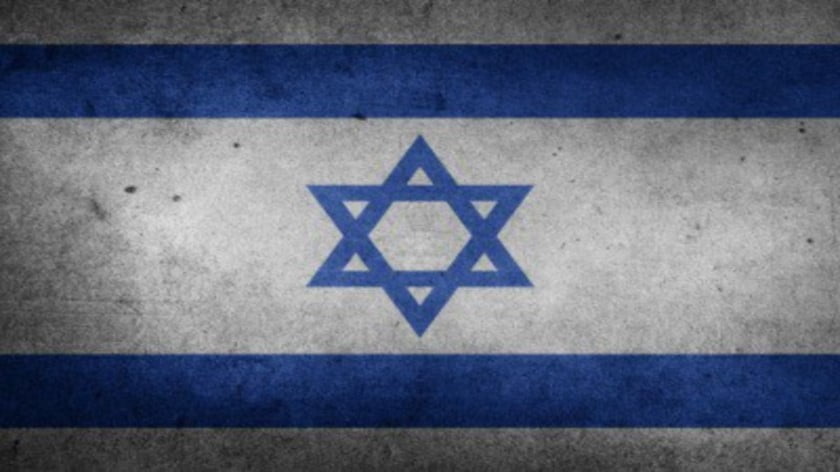

One Comment